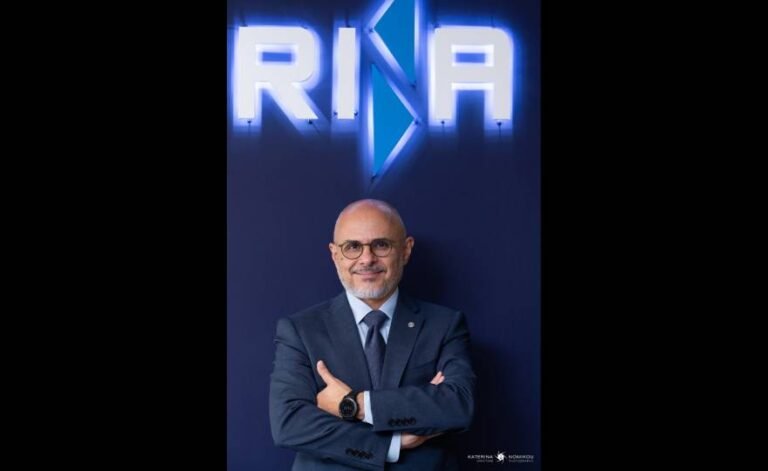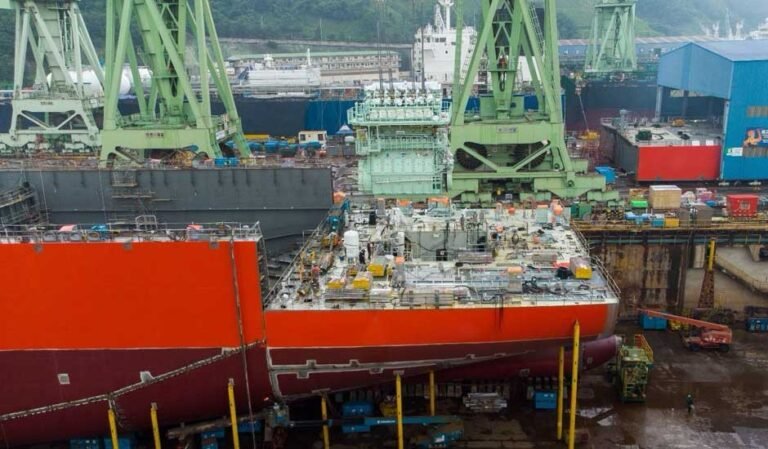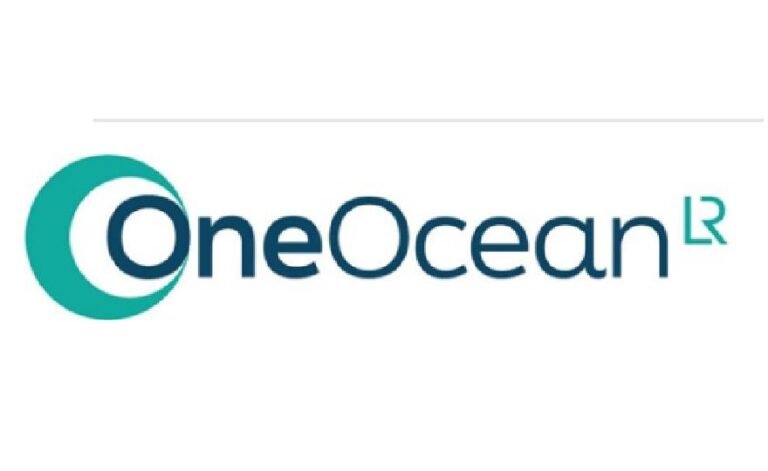
The geopolitical turmoil of the recent years has brought the maritime industry to the attention of various countries and interests worldwide.
Sanctions imposed on specific trades and cargoes have increased the uncertainty of the always unpredicted shipping market. Some countries, such as China, consider vital for the future of their nation to have their own fleets and are poised to become new powers in the maritime industry. The Greek shipping should respond to these challenges and defend its global position.
Economic uncertainty looms over shipping but new environmental regulations bring some dark clouds and challenges as well. Ships carry 90% of the world’s trade and account for 2% of the world’s carbon dioxide emissions. The new regulations are promoting the “Green Transition”. The ultimate target is the “Decarbonization” of shipping, “Zero Emissions” by 2050.
The International Maritime Organization and the European Union have proceeded with a series of measures promoting technologies and fuels that will leave no carbon footprint. Some view these actions as long overdue, and others believe that they were undertaken with great haste. Nevertheless, the measures impose new technical and operational requirements, taxation on emissions and the compulsory use of alternative fuels. The implementation, effectiveness, and impacts of these measures are being widely criticized. Europe, and America are calling for stricter measures They are stressing that climate change is threatening the planet and that we have already lost precious time and cannot ignore any source of greenhouse gas emissions.
On the other hand, China, India, Brazil and other nations have pointed to the geopolitical dimension of shipping as a catalyst for world trade and have estimated that taxation of emissions and the mandatory use of more expensive fuels will impact product prices and some countries’ economies. These countries have expressed concern that if the raw materials and fuels they import and the finished products they export are significantly burdened by higher transport costs, they will no longer be competitive in the European and American markets. Such countries are of the opinion that in the interest of environmental protection, changes in the industries producing 98% of the pollutants should be prioritized. It has been asserted that focusing on the shipping industry’s 2% of total emissions is motivated by a desire to cause a slowdown in the affected countries’ economic growth. Despite the controversy, the regulations are already in place, and additional measures are being discussed.
Ships have always used every available means to keep their consumption low in order to be competitive. Speed reduction is the most effective way to ensure low consumption and low emissions. Technical optimization includes low-friction coatings, energy recovery systems, and even wind turbines, sails, and other technologies. However, ship modification and retrofitting are expensive, and the environmental benefits are unimpressive. Conventional ships will never achieve zero emissions. Hence, revolutionary ideas and designs are needed.
Some have begun to contemplate nuclear power and are proposing related legislation, but this begs the question of whether radioactive waste is preferable to carbon emissions. Even molten salt reactors, which are considered to be safer, create radioactive waste. Batteries and fuel cells are also considered but are bulky, heavy, and do not provide the autonomy that ocean-going ships need. Consequently, attention has turned to biofuels and alternative fuels, such as methanol, ammonia and hydrogen. The global production of these fuels using alternative energy sources is still in its infancy. Only minimal quantities are currently available. Their cost is more than double the price of conventional fossil fuels and the global supply network is non-existent.
Supplying the shipping industry exclusively with alternative fuels would require 160% of the world’s electricity, which should be produced entirely using alternative energy, such as solar or wind parks. It is estimated that the cost of the shipping industry’s green transition will be USD 2.5–3 trillion!
Hellenic shipping aims beyond simple compliance with the regulations; what is important is making the right choices to turn necessary compliance into a competitive advantage.
Historically, Greek shipowners have always been record-breaking pioneers who have adopted technological innovations that subsequently became milestones in the evolution of ship design. Decisions are made with integrity, based on technical and financial data, weighing the volatility, the geopolitical situations and the fluctuations of the charter market. Greek shipowners’ foresight and business acumen have proved infallible.
It is doubtful whether the goals of the green transition are achievable. Sea transport may become more expensive, but it will always remain the most ecological and efficient means of transporting goods.
* MarTecMA Chairman







